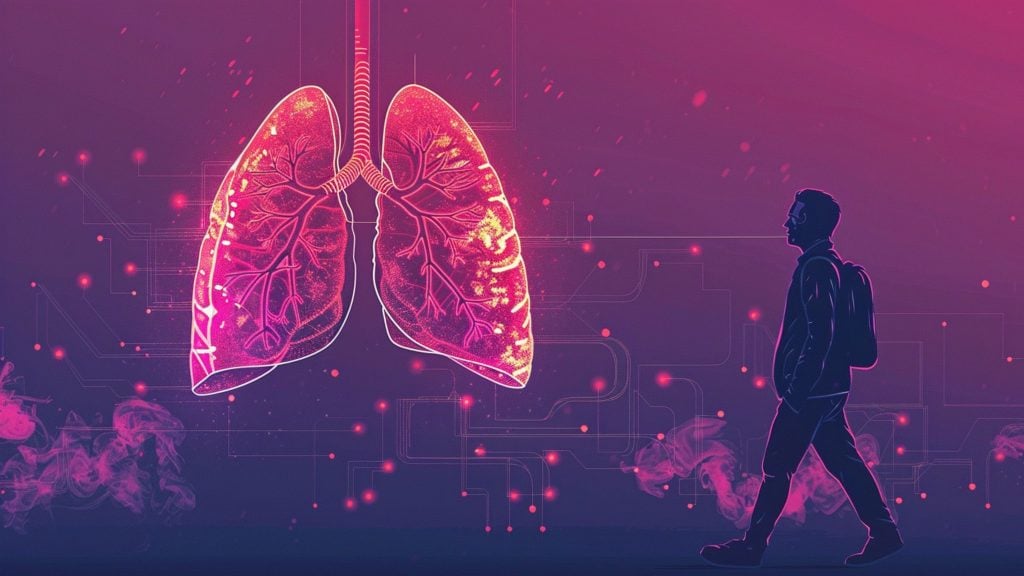

Last month, Russia introduced a facial-recognition payment system in the Moscow Metro, one of the world’s most efficient mass transportation systems. The payment system, which does not require a transit card, ticket, smartphone app, or contactless bank card, has raised privacy concerns.
On October 15, Face Pay was usable in 240 stations of the Moscow Metro. City officials praised the system that, in theory, cuts time spent at the turnstiles to about three seconds.
“There are no analogues of Face Pay in terms of quality and ease of use for a passenger anywhere in the world,” said Maksim Liksutov, deputy mayor for transport, NYT reports.
Passengers activate Face Pay by connecting their photo, bank card, and the transit card (Metro Troika) through a smartphone app. After that, payments are made through facial recognition cameras at the turnstiles. The facial rec system is so efficient that it can identify faces through masks.
…

Become a Member and Keep Reading…
Reclaim your digital freedom. Get the latest on censorship, cancel culture, and surveillance, and learn how to fight back.
Already a supporter? Sign In.